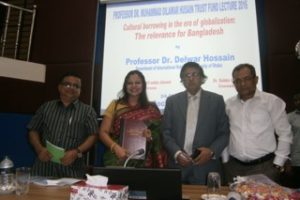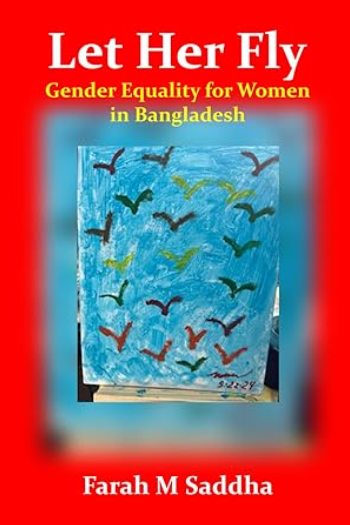Not a single rupee will be lost to Chinese firms who provided faulty COVID-19 test kits to India as the orders have been cancelled and the payments not made, the government said on Monday amid a controversy over the issue.
Coronavirus test kits made by two Chinese companies Guangzhou Wondfo Biotech and Zhuhai Livzon Diagnostics have been found “under-performing” by the Indian Council of Medical Research (ICMR), the government said.
It has asked states and hospitals to stop using the kits made by the two companies and since “due process followed (not going for procurement with 100% advance amount), GoI (Government of India) does not stand to lose a single rupee”, an official statement said.
Earlier this month, around 5 lakh rapid anti-body test kits and RNA Extraction Kits were procured by the government and distributed around the country after the ICMR recommended that every resident in coronavirus hotspots – or areas with a large number of cases – will be tested for the virus.
It was decided to use fast-track kits as the regular RT-PCR tests are slow and have to be conducted in laboratories. Many states in the country do not have adequate testing facilities.
Several states, including Rajasthan and West Bengal complained about the new test kits, saying they had only 5.4 per cent accuracy. Opposition parties questioned the government’s purchase as well.
ICMR sources said they had agreed to the use of rapid testing kits, widely considered far more unreliable than regular tests even though they are cheaper and faster, after repeated requests from states.
On Monday, a controversy flared over the Chinese rapid tests after a legal dispute between the distributor and the importer in the Delhi High Court suggested that India had paid double.
The test kits were bought by the importer, Matrix, for Rs 245 apiece from China. Yet, the distributors, Real Metabolics and Aark Pharmaceuticals, sold the same kits to the government for Rs 600 each, which means a 140 per cent mark-up.
In its clarification on Monday, the government said not only had it not paid in advance for any of the anti-body test kits, it had conducted a tender process that received bids between Rs 1,204 and Rs 600 and finally selected the lowest quote.






















